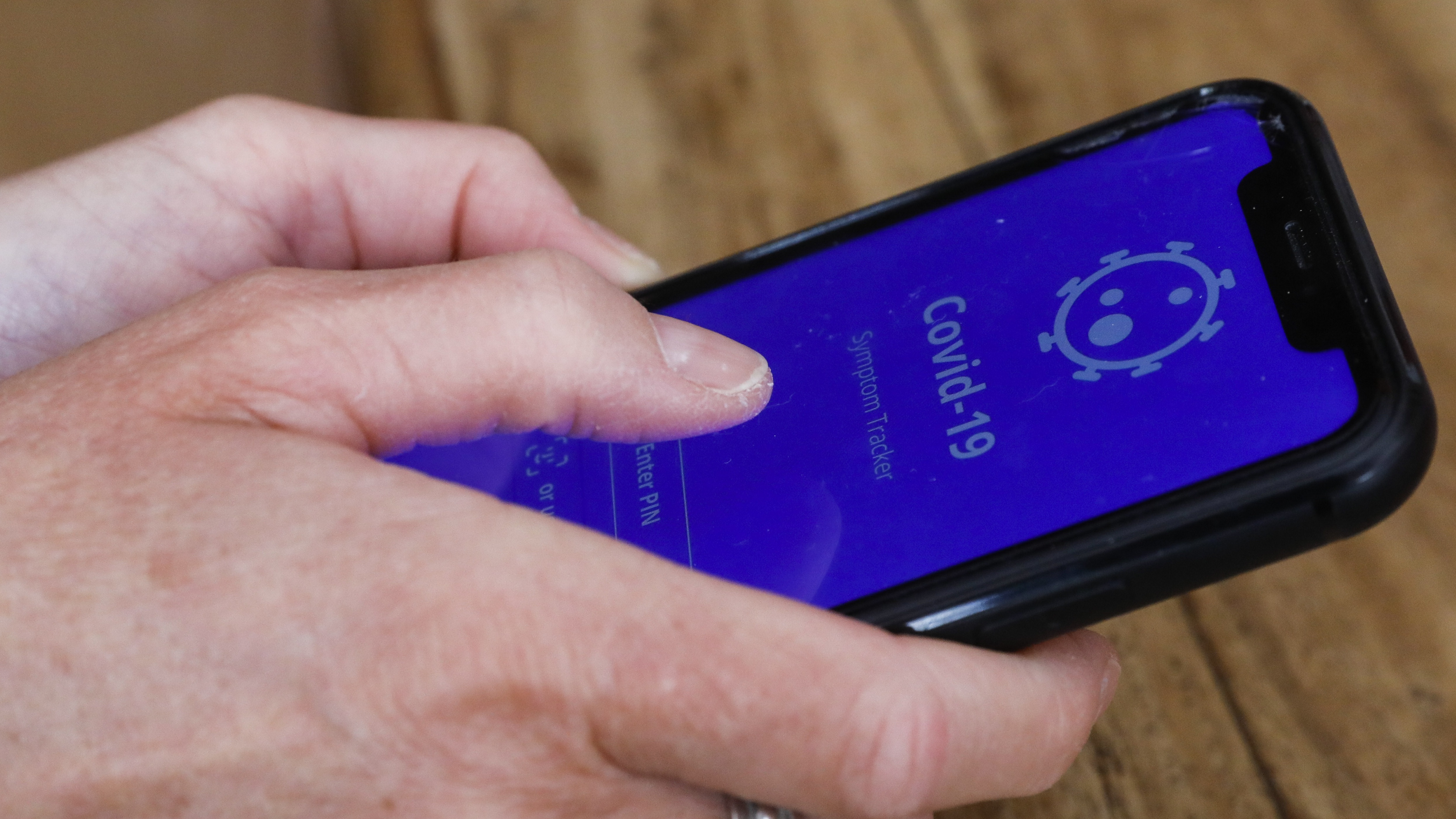Coronavirus: Norway deletes contact tracing data over privacy concerns
Scrapped app uses centralised information storage system like that planned for UK

A free daily email with the biggest news stories of the day – and the best features from TheWeek.com
You are now subscribed
Your newsletter sign-up was successful
Norway is to delete all of the information collected by its coronavirus track-and-trace app after data protection watchdogs raised concerns over privacy.
The Norwegian Institute of Public Health (NIPH) announced yesterday that the app was being suspended over claims that “it was too invasive”, The Guardian says.
But NIPH director Camilla Stoltenberg said that she disagreed with the Datatilsynet data agency’s assessment, and warned that shutting down the app would weaken Norway’s response to the outbreak. “The pandemic is not over,” she added.
The Week
Escape your echo chamber. Get the facts behind the news, plus analysis from multiple perspectives.

Sign up for The Week's Free Newsletters
From our morning news briefing to a weekly Good News Newsletter, get the best of The Week delivered directly to your inbox.
From our morning news briefing to a weekly Good News Newsletter, get the best of The Week delivered directly to your inbox.
The app - known as Smittestopp (“Infection Stop”) - was one of the first released by Western governments and relies on “both Bluetooth connections and a centralised database of users’ GPS locations”, Sky News reports.
Similar centralised storage systems are planned for contract-tracing apps to be used in France and the UK, adds The Guardian.
The data is stored for 30 days and used to track transmissions and warn people who may have come into contact with anyone infected with the Covid-19 coronavirus.
But the Norwegian data protection authority says health chiefs have failed to demonstrated that it is “strictly necessary” to collect location data.
A free daily email with the biggest news stories of the day – and the best features from TheWeek.com
The app has been downloaded by around 1.6 million people across Norway, but was being used on a daily basis by just 600,000 of the country’s 5.3 million inhabitants.
The BBC reports that Norway is now considering a “switch to a rival design backed by Apple and Google”.
The two tech firms’ “decentralised model” gives users a higher degree of anonymity, but also provides less data to model the spread of the virus, according to the broadcaster.
–––––––––––––––––––––––––––––––For a round-up of the most important stories from around the world - and a concise, refreshing and balanced take on the week’s news agenda - try The Week magazine. Start your trial subscription today –––––––––––––––––––––––––––––––
-
 Why is the Trump administration talking about ‘Western civilization’?
Why is the Trump administration talking about ‘Western civilization’?Talking Points Rubio says Europe, US bonded by religion and ancestry
-
 Quentin Deranque: a student’s death energizes the French far right
Quentin Deranque: a student’s death energizes the French far rightIN THE SPOTLIGHT Reactions to the violent killing of an ultra-conservative activist offer a glimpse at the culture wars roiling France ahead of next year’s elections.
-
 Secured vs. unsecured loans: how do they differ and which is better?
Secured vs. unsecured loans: how do they differ and which is better?the explainer They are distinguished by the level of risk and the inclusion of collateral
-
 A Nipah virus outbreak in India has brought back Covid-era surveillance
A Nipah virus outbreak in India has brought back Covid-era surveillanceUnder the radar The disease can spread through animals and humans
-
 Covid-19 mRNA vaccines could help fight cancer
Covid-19 mRNA vaccines could help fight cancerUnder the radar They boost the immune system
-
 The new Stratus Covid strain – and why it’s on the rise
The new Stratus Covid strain – and why it’s on the riseThe Explainer ‘No evidence’ new variant is more dangerous or that vaccines won’t work against it, say UK health experts
-
 RFK Jr. vaccine panel advises restricting MMRV shot
RFK Jr. vaccine panel advises restricting MMRV shotSpeed Read The committee voted to restrict access to a childhood vaccine against chickenpox
-
 RFK Jr. scraps Covid shots for pregnant women, kids
RFK Jr. scraps Covid shots for pregnant women, kidsSpeed Read The Health Secretary announced a policy change without informing CDC officials
-
 New FDA chiefs limit Covid-19 shots to elderly, sick
New FDA chiefs limit Covid-19 shots to elderly, sickspeed read The FDA set stricter approval standards for booster shots
-
 RFK Jr.: A new plan for sabotaging vaccines
RFK Jr.: A new plan for sabotaging vaccinesFeature The Health Secretary announced changes to vaccine testing and asks Americans to 'do your own research'
-
 Five years on: How Covid changed everything
Five years on: How Covid changed everythingFeature We seem to have collectively forgotten Covid’s horrors, but they have completely reshaped politics